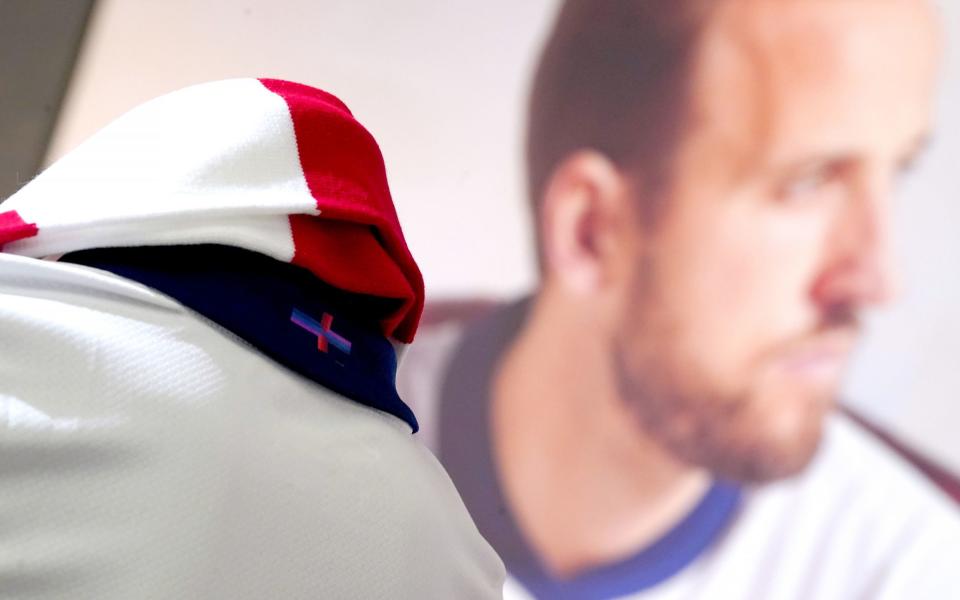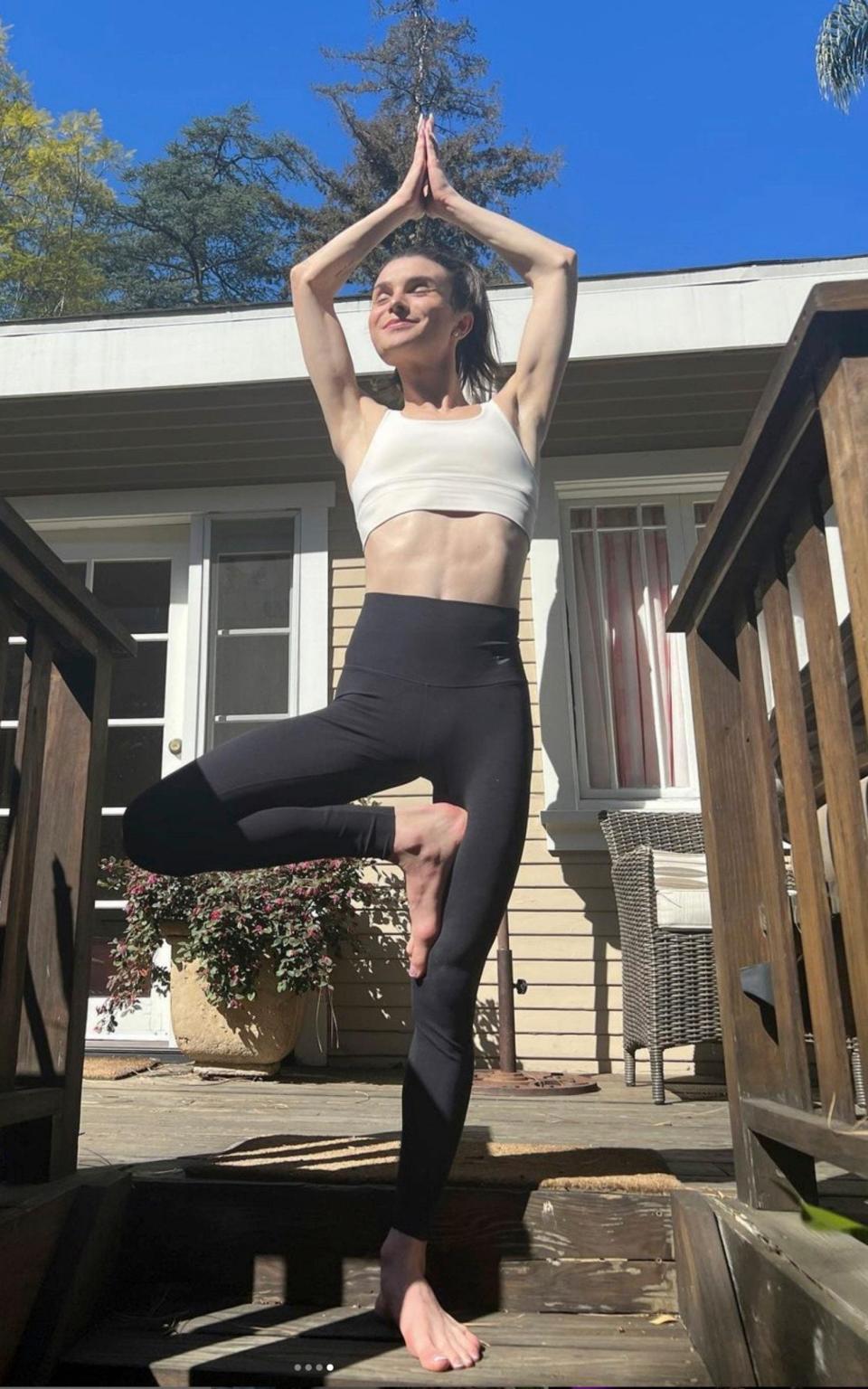When the multi-coloured St George’s Cross on England’s new £125 kit forced Nike and the Football Association into full-blown crisis mode last week, one sentence was spun by insiders desperate to play down the growing storm.
“It’s selling really well,” says one of a strip that is said to have flown off the shelves as quickly as the world’s biggest sportswear brand became a kit supplier to the FA more than a decade earlier.
It is impossible to say whether this was despite or because of the fierce uprising. But while the story behind the redesign appears to have been more of a conspiracy than a “woke” one, it could hardly have turned out better for Nike’s bank balance if it had orchestrated the whole feud itself.


It wouldn’t have been the first time the US company has caused a stir with what it would call corporate social responsibility, but critics would hail it as a sign of virtue, according to those who have worked for or with the company.
“That’s definitely part of their DNA,” Tim Crow, a sports marketing consultant who has worked with Nike over a decades-long career in the industry, told Telegraph Sport.
“The biggest crime in marketing is being boring. And the one thing you can’t accuse Nike of is being boring. They tend to regularly do things that could be described as interesting or controversial.”
Recommended
Nike must learn that some things are sacred – starting with the St. George’s cross
read more
A former senior figure at the company, who asked not to be named, added: “Nike is not afraid to take a stand on issues beyond just its product or role as a sports brand.”
There’s no better example of this than when it effectively supported athletes who took the knee by making American football star Colin Kaepernick one of the faces of ads celebrating the 30th anniversary of the ‘Just Do It’ slogan.
“If you want to talk about a situation where they deliberately played around with creating controversy and division, it was the Kaepernick ad,” Crow said. “Their belief was that their target audience would be on Kaepernick’s side and it was very much about appealing to that generation and the next generation.”
It certainly did not appeal to those who shared images on social media of themselves burning Nike sneakers or cutting socks, nor to Donald Trump, the then US president, who condemned what he called a “terrible message”.
But while the 2018 furore so frightened the market that the company took an immediate financial hit of around £3 billion, it reported a 10 per cent increase in revenues by the end of that year.
There were echoes of last year’s Kaepernick feud when transgender influencer Dylan Mulvaney was chosen as the new face of Nike’s women’s training gear.
A series of videos and photos of Mulvaney dancing and striking yoga poses while wearing a white sports bra and black skin-tight leggings sparked outrage online.


For the likes of Sharron Davies, this was the final blow to a company that was already facing a sex discrimination lawsuit from former staff, and had the value of its sponsorship deal with Allyson Felix – the most decorated track and field athlete in Olympic history – drastically reduced. – after she became pregnant and failed to create a replica kit for the England women’s goalkeeper following Mary Earps’ World Cup heroics.
Davies, the British swimming icon and leading campaigner against trans women competing in women’s sports, said of the Mulvaney row: “I haven’t bought any Nike gear since.”
Davies accuses Nike – which updated its contracts to protect pregnant athletes after the Felix saga and backtracked on the Earps controversy – of a “very misogynistic” history: “People just have to vote with their wallets. Just don’t buy this stuff. Buy from other companies that don’t do this.”
For Davies, the use of Mulvaney by one of the sport’s biggest sponsors had a chilling effect on female athletes. A BBC poll this week found they were too scared to speak out about the fight against trans women.
She added: “Young sportswomen in particular only earn just enough to pay their way. There are 11,000 men in this country who make a living through sports. There are 1,000 women. And most of those thousand women live on the breadline.
“So we have this little piece of the pie anyway, and then we either have to move on or put up with all this nonsense because someone could threaten to cut off the financing, which means you can’t pay the mortgage anymore.”
Controversy usually sells for Nike
Calls for a boycott of Nike over its collaboration with Mulvaney have had mixed results.
The company announced in December that revenue had grown last year, but also unveiled plans to save $2 billion over the next three years.
That didn’t stop the country from announcing one of the most seismic deals ever last week, for the German football teams.
The breaking of a 77-year marriage between the national team and Adidas has caused as big a storm in the home of this summer’s European Championship hosts as the English flag row in Britain.
German Vice Chancellor and Economy Minister Robert Habeck said he “would have liked a little more patriotism”, while Health Minister Karl Lauterbach said it was “a wrong decision where trade is destroying a tradition and a piece of home”.
For Crow, the German action was less about causing a commotion and more about parking the tanks on the Adidas lawn. “About 20 years ago, a very, very senior Nike executive said to me that, after taking over Brazil, Germany would be a very, very important asset for them because of the blow it would give Adidas.”
The arms race between the two sportswear giants has fueled another controversial move by Nike in recent years: its investment in “super shoe” technology.
Some have likened the benefits such shoes offer to doping, but they consistently fly off the shelves, with the shoes worn by the late Kelvin Kiptum to set the marathon world record selling out within minutes of going on general sale this month.
Nike also made headlines in January when it and Tiger Woods ended their 27-year partnership amid a wider exodus of stars including England footballers Harry Kane, Jack Grealish and Raheem Sterling.
Crow and the former insider both agreed that the latter was part of a trend of the company focusing its athlete endorsement deals on a “handful” of global icons.
“The way to think about it is, ‘Would these guys star in a Nike World Cup campaign?’” Crow said. “Those are the guys they appreciate. Everyone else…”
Of course, there are negative headlines that the company could have done without since it became the world’s largest sportswear brand: accusations about sweatshops and child labor; Woods’ confession of infidelity; the scandals surrounding Lance Armstrong and Alberto Salazar; the aforementioned Felix furor and sex discrimination lawsuits are fighting it.
But as last week’s English flag saga suggested, when it comes to feuds involving Nike, the controversy is usually sold.